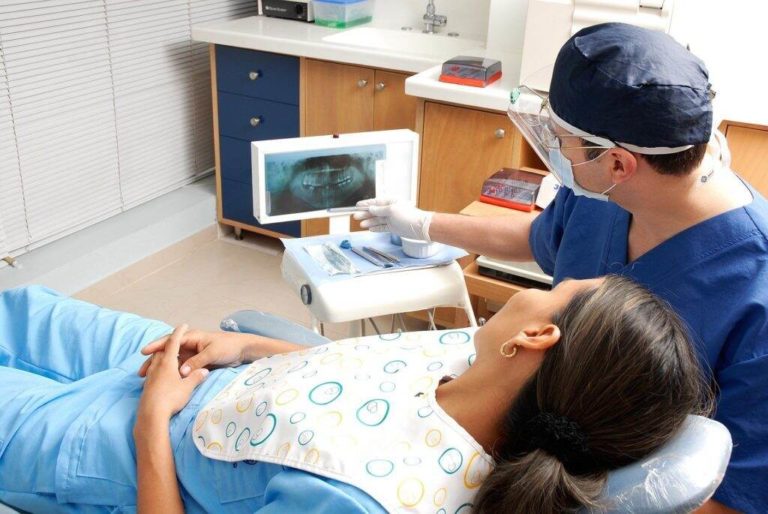
Help! My Dental Office Received an EDD Audit
I’ve received a lot of calls from California dental practices that are facing an EDD audit. If you’re a dentist or dental office, and if you’ve ever hired an independent contractor, you may want to familiarize your practice with the EDD audit. These California Employment Development Department (EDD) state payroll audits occur when a business has classified a worker as an independent contractor instead of an employee. This means the business owner can be liable for “unpaid” payroll taxes because the EDD has determined that they believe these workers are actually employees.
Many dentists ask how the EDD is even familiar with the daily workings of their dental practice and know how to start the audit process. Typically, what happens to trigger an EDD audit is an independent contractor files for unemployment. Independent contractors are not eligible for unemployment benefits; so their claim triggers the EDD to look into the business practice.
Are EDD audits random?
EDD audits are generally not arbitrary. These audits usually begin when an independent contractor files for unemployment benefits. As independent contractors don’t qualify for these benefits, their claim prompts the EDD to examine the company’s employment practices. Compliance with the California ABC Test is essential for businesses, including those in construction, to correctly categorize someone as a 1099 independent contractor rather than an employee. According to this test, a “yes” answer is required for all three of the following conditions to classify a person as an independent contractor:
- The individual operates autonomously from the employer’s control and direction in the performance of the work, both contractually and in actuality.
- The individual’s work falls outside the regular scope of the employer’s business activities.
- The individual is consistently involved in an independent trade, profession, or business of a similar nature to the work performed.
To gauge the potential for an EDD audit in your construction company, it’s important to review these points. If you’re unable to affirmatively answer all three for someone you’ve designated as an independent contractor (not an employee), there’s a heightened risk of an EDD audit.
Dealing with EDD audits can be intricate, especially when they involve former workers or independent contractors, and the reasons behind these audits may be complex. Handling EDD issues on your own is not advisable. The most prudent course of action to protect your construction business is to seek advice from a EDD tax attorney who has expertise in EDD audits.
Allison Soares is a partner and tax attorney at Vanst Law. Before starting her own practice, Soares was a partner at a tax law firm where she honed her skills handling a wide variety of tax and employment-related cases. In addition to her legal work, she has worked in accounting and utilizes that knowledge to her advantage while handling cases involving EDD audits.

